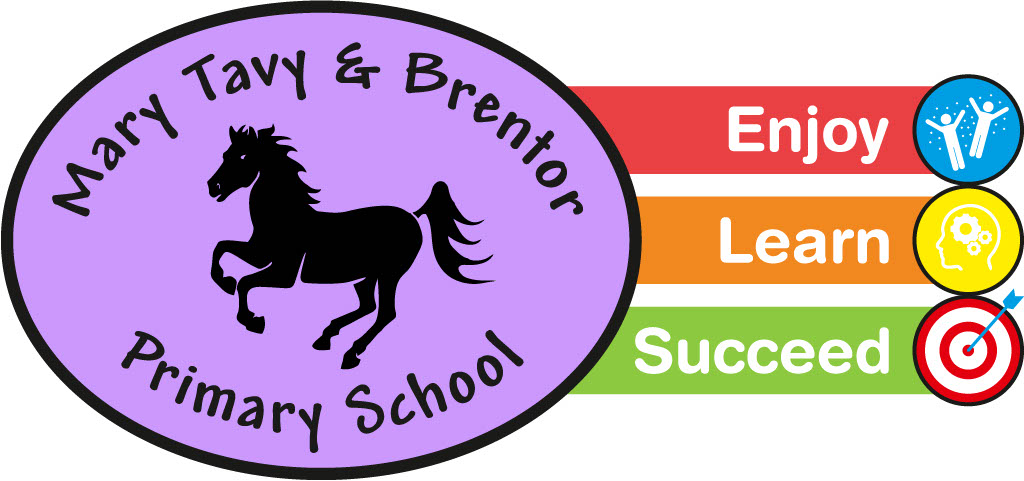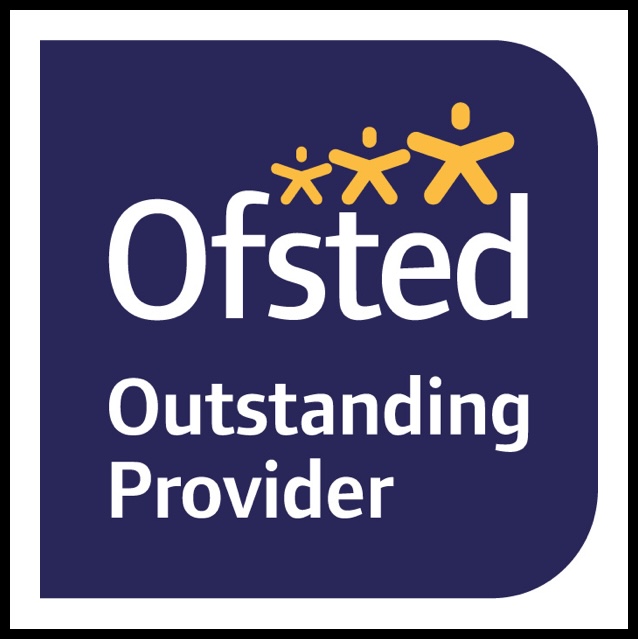Pupil Premium
Pupil Premium Funding
The Pupil Premium is an allocation of additional funding provided to schools to support specific groups of children who are vulnerable to possible underachievement. These include pupils who are entitled to free school meals (FSM), those looked after by the local authority and children of armed service personnel. The intended effect of this funding is to accelerate progress and raise attainment.
It is for schools to decide how the Pupil Premium is spent since they are best placed to assess what additional provision should be made for the individual pupils within their responsibility.
The Pupil Premium Grant (PPG) was introduced in April 2011 and is additional to funding for pupils deemed to be disadvantaged. The money must be spent on that pupil to support their education, but it is for the school to determine how it is spent. Pupil premium funding does not have to be used for the individual pupil it is given for, and can support groups of children. Parents should be involved in the programme, but schools do not have to consult parents on what parents’ preferred activities are for their child, and parents do not have a right to demand that the money their child brings to the school is spent on their individual child.
Why was the PPG introduced ?
Poverty or low income is the single most important factor in predicting a child’s future life chances, with many pupils having low attainment by the time they leave school at age 16. The Government believes that the Pupil Premium is the best way to address these underlying inequalities between children eligible for free school meals (FSM) and their peers by ensuring that funding to tackle disadvantage reaches the pupils who need it most.
Who receives the Pupil Premium grant?
Pupil Premium is allocated to pupils in school year groups from Reception to Year 11 from low income families who are registered for FSM, or who have been registered for FSM at any point in the last six years (known as ‘Ever 6’), together with children that have been in care continuously for 6 months or more.
Rates for PPG per pupil for 2021 to 2022 is as follows:
- Pupils in Year groups Reception to Yr 11 'Ever 6' £1345
- Looked-after children (LAC) defined in the Children Act 1989 as one who is in the care of, or provided with accommodation by, an English local authority £2345
- Children who have ceased to be looked after by a local authority in England and Wales because of adoption, a special guardianship order, a child arrangements order, or a residence order £2345
- Children of Service families £310
This is significant additional money for schools to spend on supporting disadvantaged pupils and schools are very keen to ensure that all eligible pupils are ‘signed up’. Grants are based on those pupils included in the January schools’ census.
Parents must apply for free school meals via Devon Citizens Portal.
You will need your National Insurance Number, date of birth, name and child’s details.
At Mary Tavy and Brentor Primary School:
Principles
- We ensure that teaching and learning opportunities meet the needs of all of the pupils.
- We ensure that appropriate provision is made for pupils who belong to vulnerable groups, this includes ensuring that the needs of socially disadvantaged pupils are adequately assessed and addressed
- We also recognise that not all pupils who are socially disadvantaged are registered or qualify for free school meals.
- Pupil premium funding will be allocated following a needs analysis which will identify priority classes, groups or individuals.
Pupil Premium is additional funding given to schools to raise the attainment of disadvantaged pupils and close the gap between them and their peers. We receive funding based on the number of pupils who have been eligible for free school meals at any point in the last six years.
We encourage all parents and carers who think they maybe eligible to apply for free school meals when they enrol their child in school or at any point due to changing personal circumstances, as this can help your child to attract additional ‘pupil premium‘ funding to support learning.
How can parents access this support for the benefit of their child?
Apply through the Devon Citizens Portal. This is the quickest and easiest way to apply and will result in you getting an instant decision. Alternatively, call the Education Helpline on 0345 155 1019. Please do not hesitate to contact Mrs Davies if you have any queries.
Key principles for using Pupil Premium at Mary Tavy and Brentor:
- We are highly committed to raising achievement for pupils who are eligible for Pupil Premium and know these pupils must make faster progress than non-eligible pupils and are determined to achieve this.
- We create a package of support aimed to tackle the range of barriers including: attendance, behaviour, external factors, professional development focusing on improving outcomes for eligible pupils, improving the quality of teaching and learning, language acquisition, parental engagement, opportunities for first-hand experiences and development of skills.
- We use assessment systems to track and enable thorough analysis of data (Reading, Writing and Maths) to identify pupils who are under-achieving and why.
- We direct resources and interventions to accelerate progress of eligible pupils and close the attainment gap compared to their peers.
- We use data to carefully track the impact of targeted spending (interventions, projects or pedagogy) on attainment and progress of eligible pupils.
- We have a clear overview of how funding is allocated and the difference it is making to the outcomes of pupils termly.
- We ensure class teachers and subject leaders know which pupils are eligible for Pupil Premium so they can take responsibility for accelerating progress and accountability is shared across the academy.
- Our Governing Body is ambitious for pupils and closely monitors the school’s effectiveness in closing the gap between different groups of pupils
Please read the information below which gives details of our Pupil Premium Strategy and how we allocate the funding.
21-22 Pupil Premium Statement
20-21 Pupil Premium Report
Previous Pupil Premium Reports
-
Department for Education Articles and advice for children and young people.

